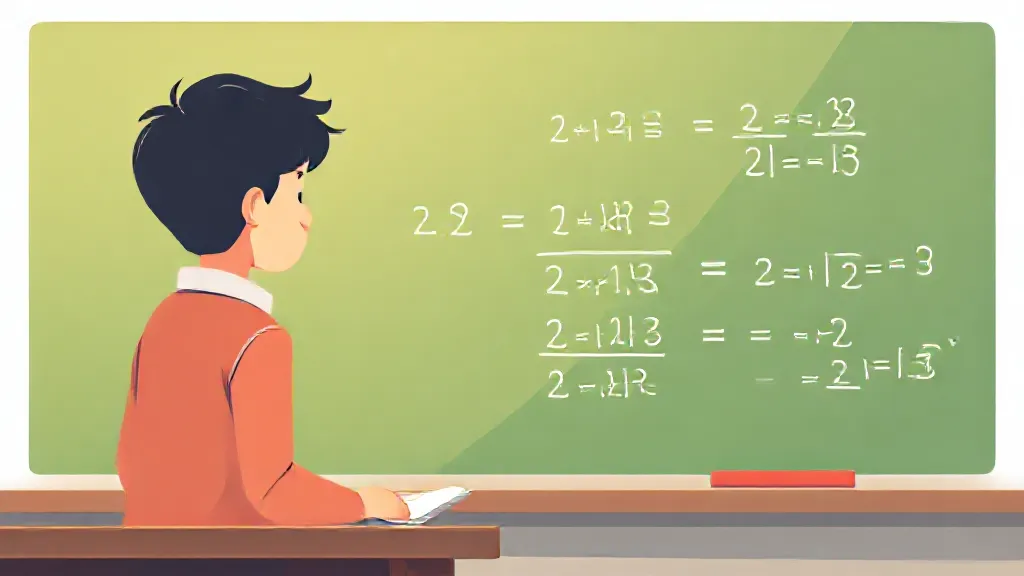Mathematics is often viewed as a series of numbers and operations, but at its core, it is a powerful tool for developing logical deduction skills. Logical deduction is the process of reasoning from one or more statements (premises) to reach a logically certain conclusion. In this article, we will explore how math teaches logical deduction, fostering critical thinking and problem-solving abilities essential for students in their academic and everyday lives.
Understanding Logical Deduction in Mathematics
Logical deduction forms the backbone of mathematical reasoning. It involves taking known facts or premises and applying rules of logic to arrive at new conclusions. For example, in geometry, if we know that all squares are rectangles and that a particular shape is a square, we can logically deduce that this shape is also a rectangle.
This ability to derive conclusions based on established truths is fundamental not only in mathematics but also in various fields such as science, law, and philosophy.
The Role of Mathematical Proofs
One of the most significant aspects of mathematics that emphasizes logical deduction is the concept of mathematical proofs. A proof is a logical argument that establishes the truth of a mathematical statement based on previously accepted statements, axioms, and theorems.
For instance, the Pythagorean theorem can be proven using various methods, each relying on logical deductions from basic geometric principles. Engaging with proofs helps students develop a rigorous approach to reasoning, teaching them to construct and evaluate arguments systematically.
Problem-Solving and Logical Reasoning
Mathematics is inherently tied to problem-solving, which requires logical reasoning.
When faced with a mathematical problem, students must analyze the information given, identify relevant formulas, and apply appropriate methods to find a solution. For example, solving an algebraic equation involves manipulating the equation logically to isolate the variable. This process not only enhances students’ mathematical skills but also sharpens their ability to think critically and approach problems methodically.
Real-World Applications of Mathematical Logic
The skills developed through mathematical logical deduction extend far beyond the classroom. In everyday life, individuals are frequently required to make decisions based on available information. For example, budgeting requires logical reasoning to allocate resources effectively, while understanding statistics helps in making informed decisions based on data.
By learning to apply mathematical principles, students become better equipped to analyze situations, weigh options, and draw logical conclusions in real-world contexts.
Historical Perspectives on Mathematics and Logic
Historically, the study of mathematics has been closely linked to the development of logical reasoning. Ancient Greek philosophers like Aristotle laid the groundwork for deductive reasoning, which has influenced mathematical thought for centuries.
The formalization of logic in mathematics can be traced to mathematicians such as Euclid, whose work on geometry emphasized the importance of logical deductions in proving theorems. Understanding this historical context enriches students' appreciation of mathematics as a discipline rooted in logical reasoning.
Encouraging Logical Deduction through Mathematical Games
Incorporating games and puzzles into mathematics education can significantly enhance students' logical deduction skills.
Activities such as Sudoku, logic puzzles, and math-based games challenge students to think critically and apply deductive reasoning. These engaging methods not only make learning enjoyable but also reinforce the logical principles underlying mathematical concepts, allowing students to practice deduction in a fun and interactive environment.
The Importance of Teaching Logical Deduction in Education
As education evolves, the emphasis on teaching logical deduction through mathematics becomes increasingly important.
In a world inundated with information, the ability to discern credible sources and make reasoned judgments is vital. Educators must prioritize the development of logical reasoning skills in their curricula, ensuring that students not only learn mathematical concepts but also understand how to apply logical deduction in various aspects of their lives.
Conclusion: The Lasting Impact of Mathematical Logic
In conclusion, mathematics serves as a fundamental tool for teaching logical deduction.
Through problem-solving, proofs, and real-world applications, students develop critical thinking skills that are essential for navigating complex situations. The historical significance of mathematics in shaping logical reasoning further underscores its importance in education. By fostering these skills, we prepare students to become thoughtful, analytical individuals capable of making informed decisions in an increasingly complex world.
